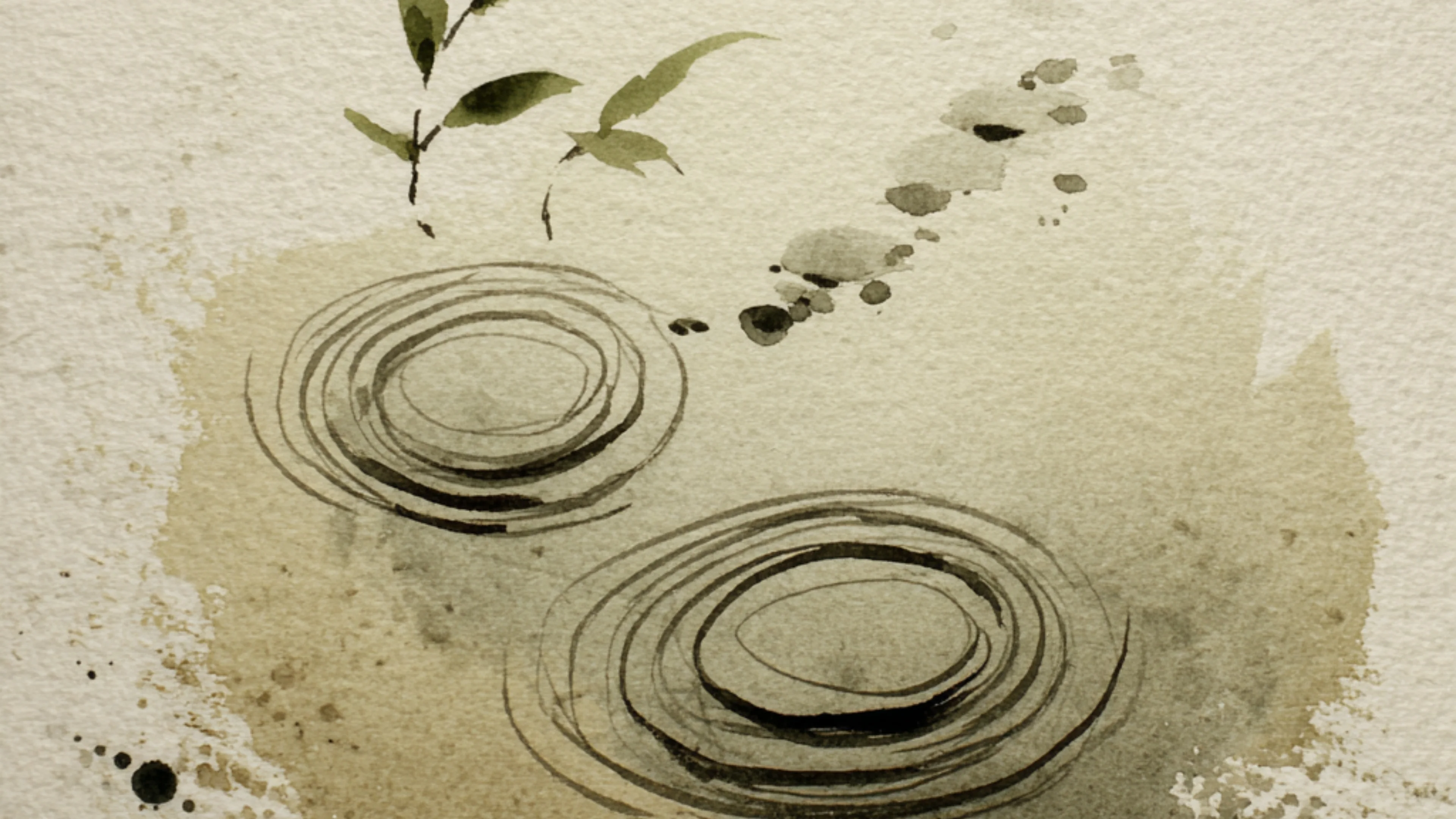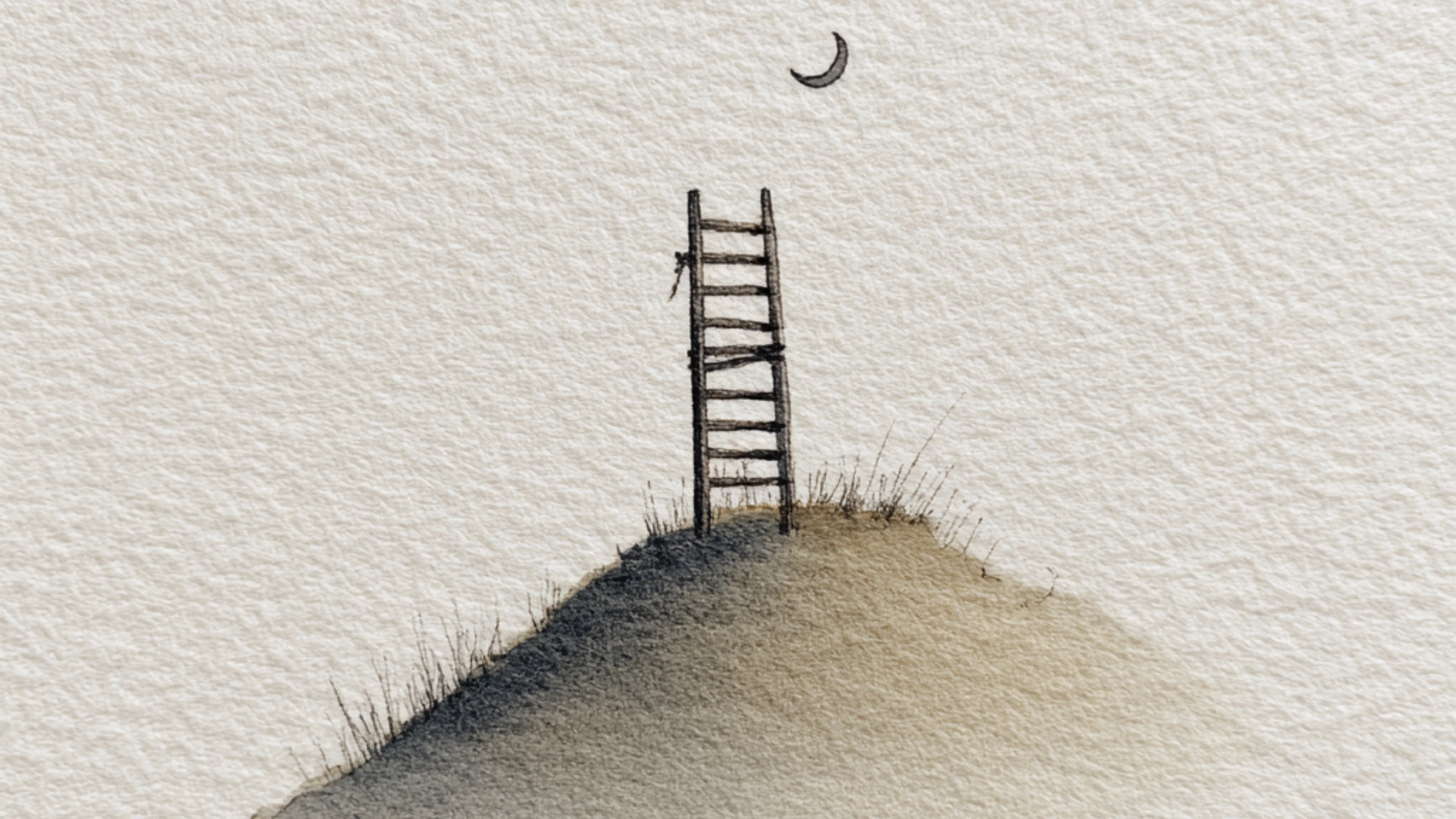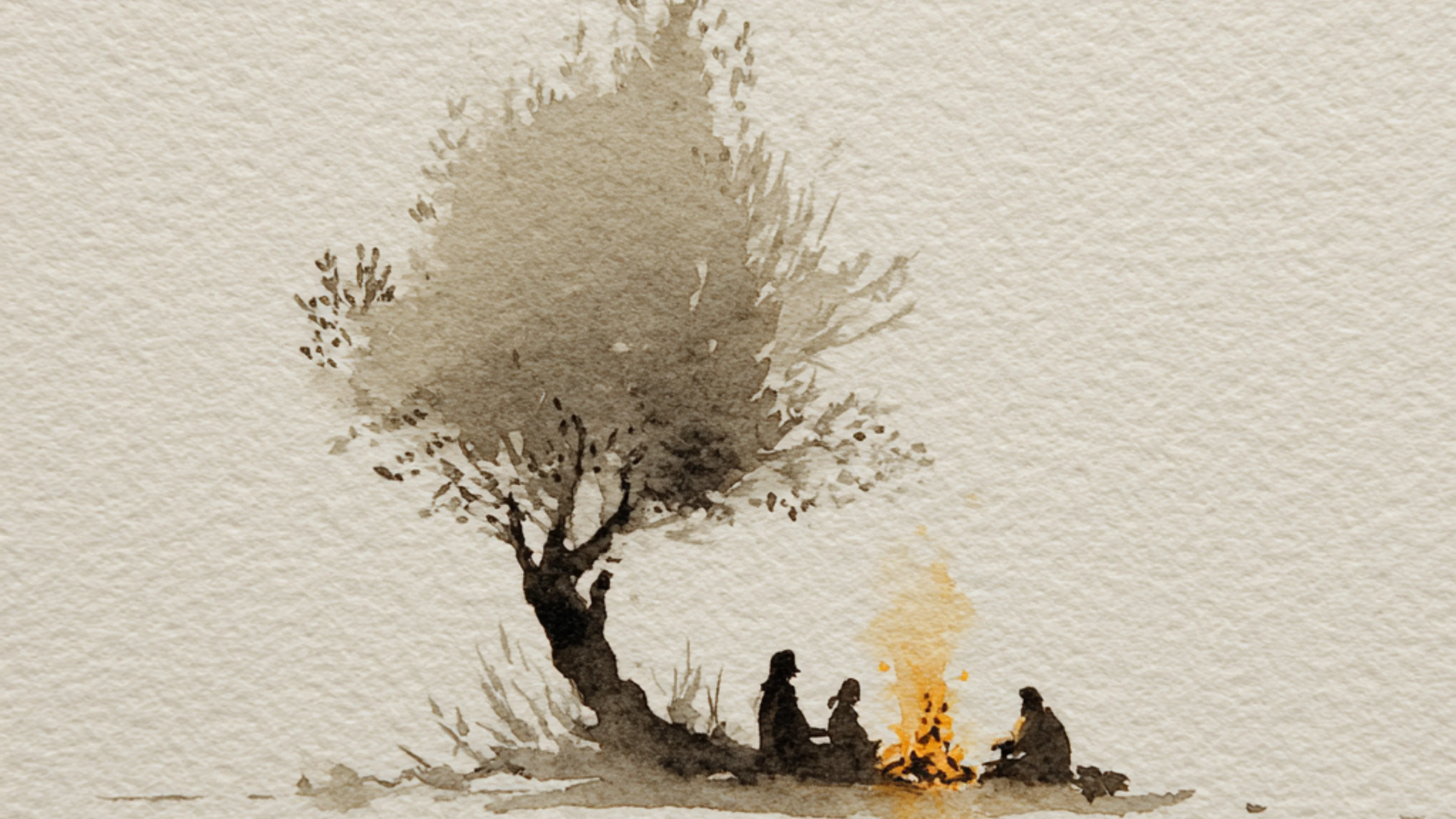

Empathy
Understanding Without Surrender.
We live in an age where disagreement feels like betrayal.
Online, empathy is confused with endorsement. Curiosity is mistaken for complicity.
But empathy is definitely not about agreeing with others, but rather, it's about understanding them.
It's the courage to step into another person's story without losing your footing in your own.
In a world that rewards outrage and punishes nuance, empathy is rebellion through understanding.
Why It Matters
Every major institution, be it government, media, or corporations, now benefits from division.
Algorithms amplify what divides us, not what unites us. They reward emotional reactions.
Empathy is the antidote. It allows us to see the human before the headline.
It reminds us that behind every belief, there's a story. Behind every anger, there's a wound.
And when we understand before we judge, we reclaim what technology has taken: our shared humanity.
The Clash of Perspectives
Real empathy thrives in the friction between opposing ideas.
It's found when people who disagree choose to listen anyway.
- Barack Obama speaks of "disagreeing without dehumanizing."
- Brené Brown teaches that empathy requires vulnerability, not pity.
- Jordan Peterson and Slavoj Žižek, ideological opposites, once sat down to discuss capitalism and meaning, proving that even deep disagreement can coexist with curiosity.
- Chimamanda Ngozi Adichie reminds us that "the problem with stereotypes is not that they are untrue, but that they are incomplete."
- The Dalai Lama shows that compassion is not softness, but strength.
These thinkers rarely share conclusions.
But each of them practices empathy as the discipline of perspective.
What We Teach
At the Ministry of Meaning, empathy is not sentimental.
It's the foundation of effective leadership, communication, and collaboration.
It's what turns conflict into understanding and diversity into strength.
We teach empathy as the ability to:
- Listen to understand, not to reply.
- Summarize another's viewpoint so well they say, "Yes, that's exactly what I meant."
- Hold emotional space for complexity without collapsing into it.
We call this Understanding Without Surrender—the art of staying open without losing yourself.
Our Invitation
In a divided world, empathy is no longer a moral accessory—it's a survival skill.
It's how we rebuild trust, relationships, and civilization itself.
Join us in practicing the most courageous act of all: to understand deeply, even when you disagree completely.



